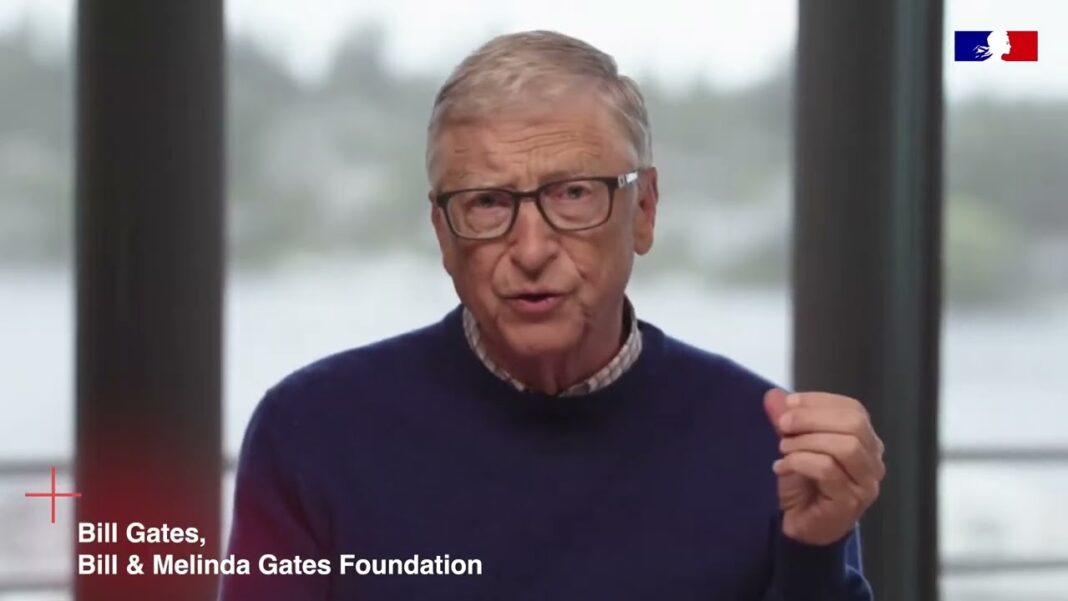The law is unconstitutional, a federal judge ruled.
A Georgia law that requires social media networks to verify the ages of users violates the U.S. Constitution, a federal judge said on June 26.
“The State seeks to erect barriers to speech that cannot withstand the rigorous scrutiny that the Constitution requires, and the inapt tailoring of the law—which is rife with exemptions that undermine its purpose—dooms its constitutionality and calls into question its efficacy,” U.S. District Judge Amy Totenberg wrote in a 50-page decision.
Known as the Protecting Georgia’s Children on Social Media Act, the 2024 law says social media platforms “shall make commercially reasonable efforts to verify the age of account holders with a level of certainty appropriate to the risks that arise from the social media platform’s information management practices.”
The law had been set to take effect next week.
NetChoice, a trade group that represents companies including Meta, in May sued over the statute. It said the law unconstitutionally regulated the access of minors to protected online speech.
Georgia officials disagreed, telling the court that the law “devised the sensible solution of requiring social media platforms to obtain parental consent for children under 16 before allowing them to become account holders.”
Totenberg sided with NetChoice. She said that protecting minors from the harm that social media may cause is a serious aim, but that the Constitution’s First Amendment protects rights for both children and adults.
“The State certainly has the authority and ability to provide children and parents with education, resources, and tools to understand the detriments of social media and engage with the internet in a healthier and more productive way,” the judge said. “But the challenged portions of SB 351 do not do so. Instead, the Act curbs the speech rights of Georgia’s youth while imposing an immense, potentially intrusive burden on all Georgians who wish to engage in the most central computerized public fora of the twenty-first century. This cannot comport with the free flow of information the First Amendment protects.”
Chris Marchese, director of litigation for NetChoice, said in a statement that the ruling “is a major victory for free speech, constitutional clarity and the rights of all Georgians to engage in public discourse without intrusive government overreach.”








